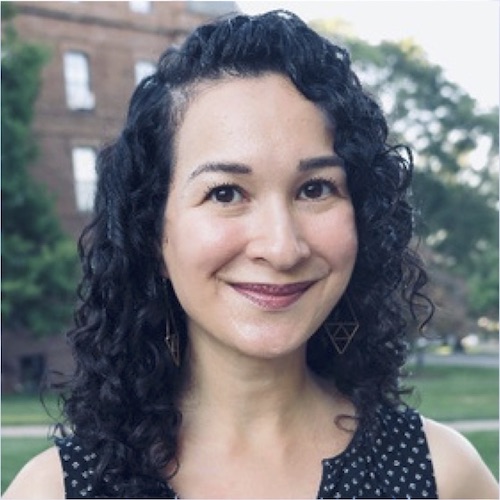The Political Theory Workshop presents:
The Stakes of Authenticity Claims
Nina Hagel, Wesleyan University
October 20th, 11:00 am–1:00 pm
 From transgender persons seeking to become the gender they truly are to religious business owners seeking exemption from anti-discrimination laws, a wide range of political claims are cast in terms of authenticity. Despite the ubiquity of these claims, it is not always clear what is at stake and whether we should understand these stakes as political. Part of the difficultly is that our most prevalent ways of framing the stakes of authenticity claims—what Hagel calls the ethical frame and the recognition frame—downplay their political character. In this paper, Hagel articulates a third way, found in the work of Jean-Jacques Rousseau. For Rousseau, what is at stake in becoming authentic is our individual well-being, the character of our social world, and our possibilities for freedom and equality. In this chapter, Hagel draws out this last set of stakes in Rousseau’s work, articulating them as the democratic frame. According to it, what makes authenticity so crucial is the way it secures our freedom and equality. Even when Rousseau articulates the stakes of authenticity in terms of a more ethical or recognitional reading, we can read him against himself to see how this democratic framing remains implicit. Hagel concludes by showing that understanding the stakes of authenticity in terms of freedom and equality is promising in three ways: it helps us grasp the causes and consequences of becoming authentic better than alternative frames; it avoids some of the problems of essentialism and paternalism that arise in the other two frames; and it offers us a promising new way of thinking about authenticity—in which one is authentic when one develops oneself in a way that enhances, rather than corrodes, one’s possibilities for freedom.
From transgender persons seeking to become the gender they truly are to religious business owners seeking exemption from anti-discrimination laws, a wide range of political claims are cast in terms of authenticity. Despite the ubiquity of these claims, it is not always clear what is at stake and whether we should understand these stakes as political. Part of the difficultly is that our most prevalent ways of framing the stakes of authenticity claims—what Hagel calls the ethical frame and the recognition frame—downplay their political character. In this paper, Hagel articulates a third way, found in the work of Jean-Jacques Rousseau. For Rousseau, what is at stake in becoming authentic is our individual well-being, the character of our social world, and our possibilities for freedom and equality. In this chapter, Hagel draws out this last set of stakes in Rousseau’s work, articulating them as the democratic frame. According to it, what makes authenticity so crucial is the way it secures our freedom and equality. Even when Rousseau articulates the stakes of authenticity in terms of a more ethical or recognitional reading, we can read him against himself to see how this democratic framing remains implicit. Hagel concludes by showing that understanding the stakes of authenticity in terms of freedom and equality is promising in three ways: it helps us grasp the causes and consequences of becoming authentic better than alternative frames; it avoids some of the problems of essentialism and paternalism that arise in the other two frames; and it offers us a promising new way of thinking about authenticity—in which one is authentic when one develops oneself in a way that enhances, rather than corrodes, one’s possibilities for freedom.
Commentary by Altan Atamer, PhD student, Political Science
All PTW events are generously co-sponsored by the UCONN Humanities Institute
Questions? Contact jane.gordon@uconn.edu

